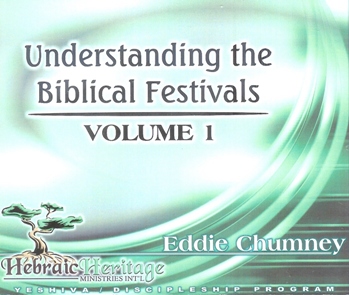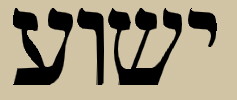|
Understanding the
Biblical Festivals Vol 1

Understand the Festivals Volume 1 contains
four teachings. The first teaching is an introduction to understanding
the Biblical Festivals. It will answer the questions: What are the
Festivals? When are they celebrated? How do they teach us about Yeshua
the Messiah? What is the high sabbath? What is the role of the moon in
helping us to celebrate the Festivals? The last three teachings are the
first three of six lessons on Passover. The Passover teachings will
explain the principles and themes of exile and redemption and how the
historical Egyptian redemption is associated with understanding the end
of days. The events of Passover will explain how Moses encounter with
Pharaoh is associated with the parable of the sower and how the two
signs of Moses teach us about the resurrection of Yeshua and the coming
together of the two houses of Israel. Part 1 of 2 of the spiritual
application of Passover will explain how the events of the historical
Egyptian redemption will teach us about the death of Messiah on the tree
and our personal salvation in Him.
Order Now!
|







